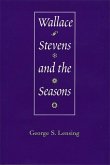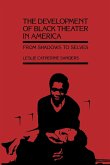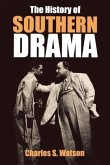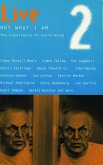A Pulitzer Prize-winning playwright, an Emmy-winning television writer, and an Oscar-winning screenwriter of such notable films as To Kill a Mockingbird and Tender Mercies, the amazingly versatile Horton Foote has been a force on the American cultural scene for more than fifty years. By critical consensus, Foote's foremost achievement is The Orphans' Home Cycle--a course of nine independent yet interlocking plays that traces the transformation of a small town southern orphan, Horace Robedaux, into a husband, father, and patriarch. Drawing on a wide range of sources, including interviews with Foote, Laurin Porter demonstrates why the author's masterpiece is a unique accomplishment not only in his personal oeuvre but also in the canon of American drama. Set in the fictitious town of Harrison, Texas, and based partly on the childhood of Foote's father and the courtship and marriage of his parents, the cycle is a wide-ranging, intricate work reminiscent of William Faulkner's Yoknapatawpha saga. Porter shows how the small-town southern culture speaks through Horace while she examines the functions of family and community in identity formation. She explains that Foote's signature sparse style creates a simmering power by stressing subtext over text, a strategy more often associated with the novel than drama. In comparing the cycle with the works of William Faulkner and Eugene O'Neill, Porter positions Foote at the intersection of southern literature and American drama. Porter concludes that for Foote, home is not a place but a geography of the heart. Her definitive Orphans' Home shines much-needed light on an understudied talent who proves to be a vital American voice.
Hinweis: Dieser Artikel kann nur an eine deutsche Lieferadresse ausgeliefert werden.
Hinweis: Dieser Artikel kann nur an eine deutsche Lieferadresse ausgeliefert werden.








